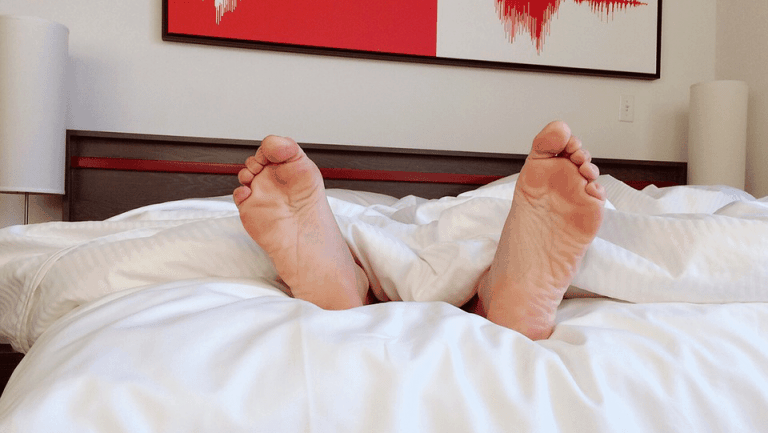Everyone knows how important sleep is, but very few people actually act in accordance with that knowledge. There are many things that keep us awake at night nowadays — our busy schedule, long working hours, and the need to thrive in both personal and professional life are just some examples.
So instead of getting between seven and nine solid hours of sleep every night and waking up well rested and refreshed, we do our best to function throughout the week and then try to recover on weekends. But does that actually work? Is it possible, and how long does it take, to recover from sleep deprivation?
The answer isn’t a straightforward one; in fact, it depends on several factors.
The first question we should ask ourselves is whether our sleep deprivation is a temporary thing or one that has been going on for quite some time. When it comes to short-term sleep deprivation, we can make that up relatively quickly; for instance, during the weekend.
However, that’s not the case with long-term sleep loss.
While a good night’s sleep after full five days of poor sleeping habits will definitely make us feel more rested, it won’t “repair” the damage that we have inflicted on our bodies. When we lose sleep, our cells cannot repair themselves, our hormones become unbalanced, and our brain fails to refresh itself. In short, we speed up our aging process and raise our stress levels. Moreover, our chances of inflammation and illness increase.
The bad news is that once we lose the chance to heal and rejuvenate, aging starts and there’s no stopping it. We cannot get that chance back anymore.
So is recovery from long-term sleep deprivation possible at all? Yes, but to a certain extent. We can restore our critical systems, but we cannot expect them to function as perfectly as they would if we had slept adequately from the beginning.
Also, we cannot recover all functioning at once; that means that one weekend cannot make up for weeks or months of sleep deprivation. On the other hand, adding an extra hour or two each night over a long period of time will make a difference. But even with that, it can take months for us to feel rested again.

Sleep deprivation is a topic that has intrigued many scientists for decades, and a topic that still hasn’t been fully explored. Moreover, sleep recovery is an even more interesting topic for many researchers. A medical director of the Harvard Sleep Health Centers — Dr. Epstein — has helped many sleep-deprived individuals by utilizing some of the following techniques.
If you are sleep deprived, here is what you could try:
Sometimes, we get so sleep deprived that it seems impossible to recover on our own. If we have been struggling with sleep for more than a month, find it hard to concentrate on daily tasks, and the recommended strategies don’t seem to work, we should consider seeking professional help.
A medical expert can help us get back on track by resetting our sleep clock and helping us form new and healthy sleeping patterns.

Snoringsource.com is a participant in the Amazon Services LLC Associates Program, an affiliate advertising program designed to provide a means for website owners to earn advertising fees by advertising and linking to amazon(.com, .co.uk, .ca etc) and any other website that may be affiliated with Amazon Service LLC Associates Program.